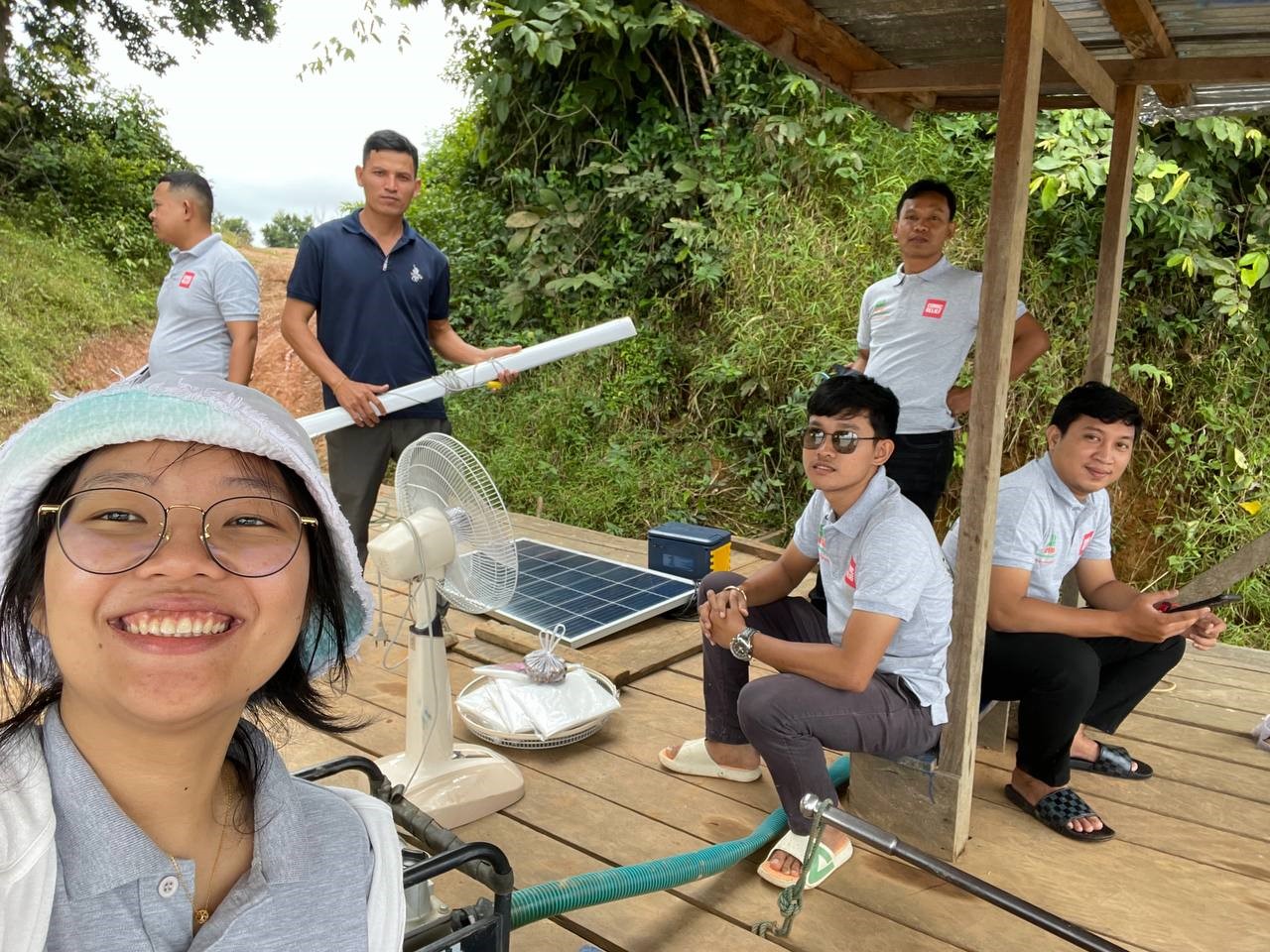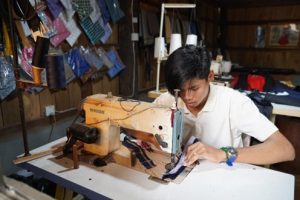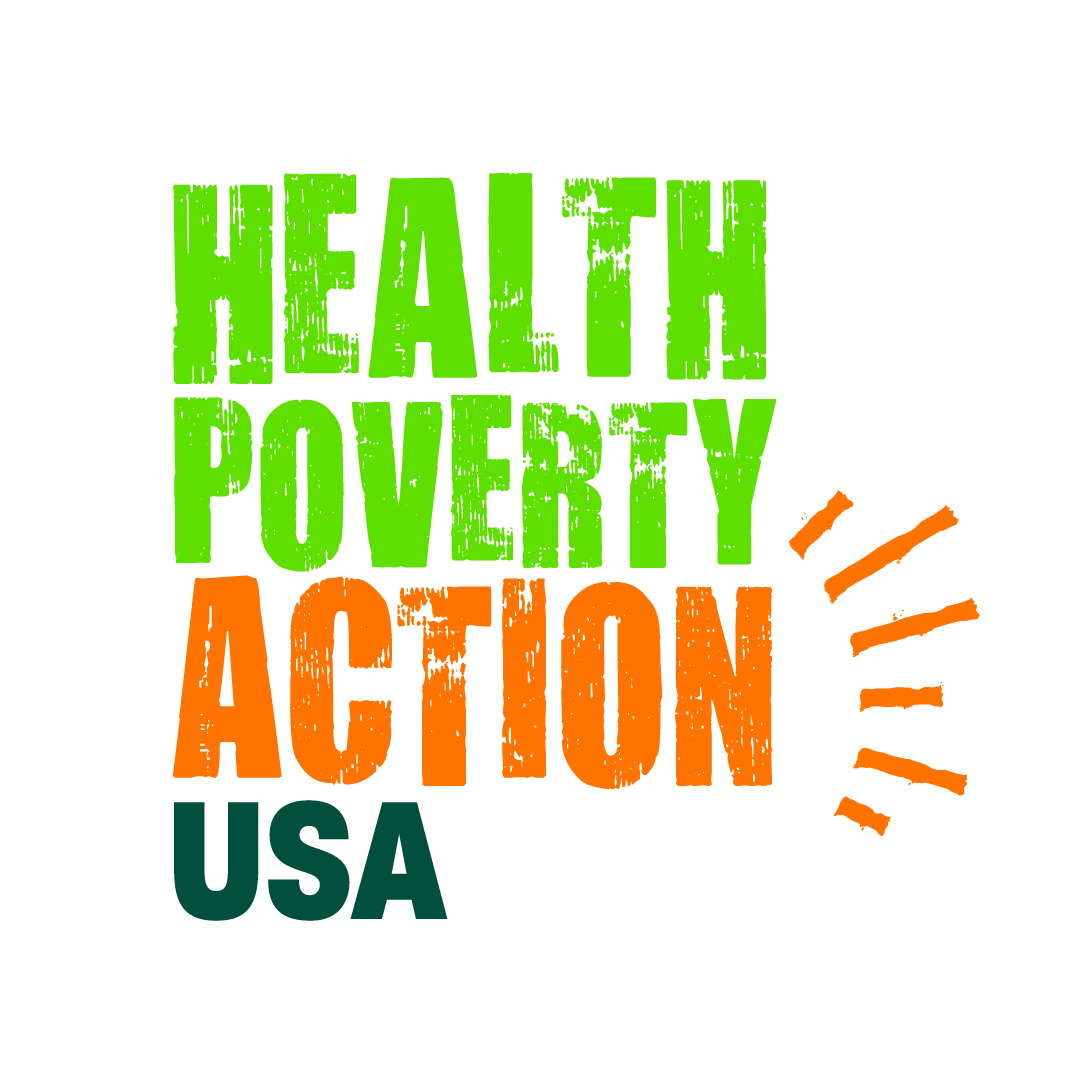Clean, affordable energy is a right!
On by Alex Gallucci
Tackling energy inequity in rural communities along the Laos-Cambodia border.

Access to affordable and renewable energy is crucial for improving the lives of people in many marginalized communities. Yet millions are denied access to electricity as national grid options are either unavailable or prohibitively expensive.
We’re working with a team dedicated to tackling this inequality – including community members working to power their homes and solar power experts. Together, we can empower communities to generate and access affordable, renewable electricity.
What’s the situation?
In geographically remote communities along the Cambodia-Laos boarder, households often lack access to electricity, leaving them isolated and unable to power appliances. This leaves people with few options, such as collecting wood from nearby forests or relying on diesel engines for lighting and basic needs. This not only harms the environment, but also jeopardizes the health and safety of people.
Women, in particular, bear the brunt of these energy limitations, facing challenges in water collection, childcare, and accessing information and opportunities for employment. Singa Hounn, who is a community coordinator working on the project in Cambodia, said many of the people she met felt unable to apply for certain jobs because they did not have access to essential education, information and resources.
How does this project work?
Up to five households can agree to share a solar power system and come together to form a ‘solar club.’ Our strategic partners Empower Cambodia then design, install and train people to use the solar power system that meets these specific households’ needs. Solar club members then pay electricity bills based on their usage. Once payments cover the construction cost of the solar power system, the entire facility is transferred to community ownership.
By helping to secure funds for this project, together we can secure solar powered solutions that deliver long-term, sustainable energy.
The impact

The impact is vast. Solar-powered lights have improved safety, especially for women and children who can now move around more confidently after dark. Children are able to study and complete their homework at night, while families can charge their phones, enabling greater connectivity. The reduced reliance on diesel engines has significantly decreased air pollution, benefiting both the community and the environment.
Moreover, the availability of affordable, renewable energy opens doors for economic and social empowerment. One 19-year-old man told us that the solar energy project had allowed him to start his own tailoring business. Earning as much in his first few months as he did as an apprentice, he told us he was excited for the potential income as his business became more established. Women are particularly impacted by these new opportunities and, with improved access to electricity, they can participate in more income-generating activities.
The transfer of ownership from private companies to the community ensures that the benefits of renewable energy remain in the hands of those who need it the most. Any profit made, from selling excess power back to the national grid, goes back to the community.
How you can help!
At Health Poverty Action USA, we firmly believe that affordable, clean energy is a fundamental right that can transform lives. This project demonstrates the tangible benefits of community-owned renewable energy, paving the way for greater economic and social empowerment, while protecting the environment. We continue to support efforts to secure affordable electricity for all, leaving no one behind in the pursuit of a healthier, more equitable world.
You can support projects like these by donating today. £75 could cover the cost of buying and installing a solar-powered electrical system in a family home.

